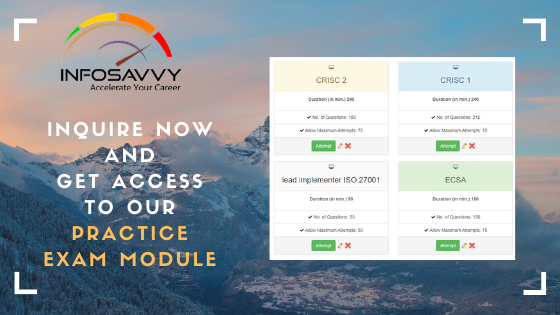Many types of incidents will come through the IT help desk during an average month, but a few specific categories stand out as needing extra attention. Organizations can create a support ecosystem that gets them through everyday tasks, but unless they are able to deal with the unconventional incidents, their help desk teams will always be trying to play catch up. There are three types of incidents that stand out in this area, as support workers must have the tools they need to address these concerns or will end up seeing their productivity decline:
1.Major Incidents
Large-scale incidents may not come up too often, but when they do hit, organizations need to be prepared to deal with them quickly and efficiently. For example, a situation in which an overnight server restart leads to app login problems for hundreds of users can have a huge impact on the business. As employees try to get to work the next day, they are left unable to get the job done because they are stuck waiting for the help desk team to reset login information to work through just to get going on resolving issues.
In this kind of situation, you need to have an incident management system in place that can handle a large volume of support tickets, recognize when similar requests are coming in and consolidate them. It can also enable support employees to automatically send form messages out to end users and share resolutions among the support team to accelerate responses. Using incident management to deal with these major issues quickly and efficiently is critical as large-scale issues can lead to protracted productivity losses. Dealing with these incidents quickly is vital.
Related Product : EC-Council Certified Incident Handler | ECIH v2
2.Repetitive Incidents
Some incidents just keep coming up, regardless of what you do to resolve them. In many cases, these incidents are a sign of underlying problems in your IT configuration. However, if you are not in a place where problem management will work for your business, you must be prepared to use incident management to resolve these issues effectively. Without incident management, your support team is likely stuck dealing with these incidents each time they come up, and hopefully remember what they did the last time so they can solve the issue quickly.
An incident management platform can integrate with knowledge management systems to identify repetitive incidents and give users the information they need to resolve them quickly. You can even create scripts to automatically resolve simple, repetitive incidents, ensuring that your help desk workers aren’t wasting their time on incidents that keep coming up.
Also Read : Forensic Readiness planning
3.Complex Incidents
Most of the types of incidents that come to the help desk are fairly simple. As such, your level 1 engineer can go into the ticket, find a resolution and notify the user. However, the occasional complex incident puts a major roadblock in this workflow. The support ticket will need to be opened and analyzed by the level 1 technician, and upon realizing that the issue is too complex, the user will need to pass the ticket up to a level 2 engineer. These transitions can cause incidents to slip through the cracks, or take incredibly long to resolve, if you are working with a homegrown system.
A dedicated incident management platform features the combination of workflow optimization, notifications and incident tracking functions you need to handle complex incidents without running into trouble.
It may be tempting to think that a home grown help desk can meet your needs, but large-scale, repetitive and complex incidents require the kind of functionality that you can only get with a dedicated incident management platform.
Topic Related Questions
- What are the 4 main stages of a major incident?
- How do I manage incident tickets?
- What are the 6 stages in the incident management life cycle?
- What are the step by step process of incident management?
Top Incident Handling Knowledge
- What is an Information Security Incident?
- Top 10 Most Common Types of Cyber Attacks
- Competitive Intelligence
- What is Evidence Collection?
- Variety of important anti-forensic techniques
- Enhancing Incident Response by Establishing SOPs
- Threat Intelligence Informed Risk Management
- An Introduction of Computer Forensics
- Overview of Digital evidence
- Forensics Investigation method of Computer
- Forensic Readiness planning
- The Principles of Digital Evidence Collection
- Securing the Crime Scene
- Forensic Readiness an Overview
- Securing the Evidence
- Life Cycle of forensics information in the system
- Forensic Investigation Analysis
This Blog Article is posted by
Infosavvy, 2nd Floor, Sai Niketan, Chandavalkar Road Opp. Gora Gandhi Hotel, Above Jumbo King, beside Speakwell Institute, Borivali West, Mumbai, Maharashtra 400092
Contact us – www.info-savvy.com



